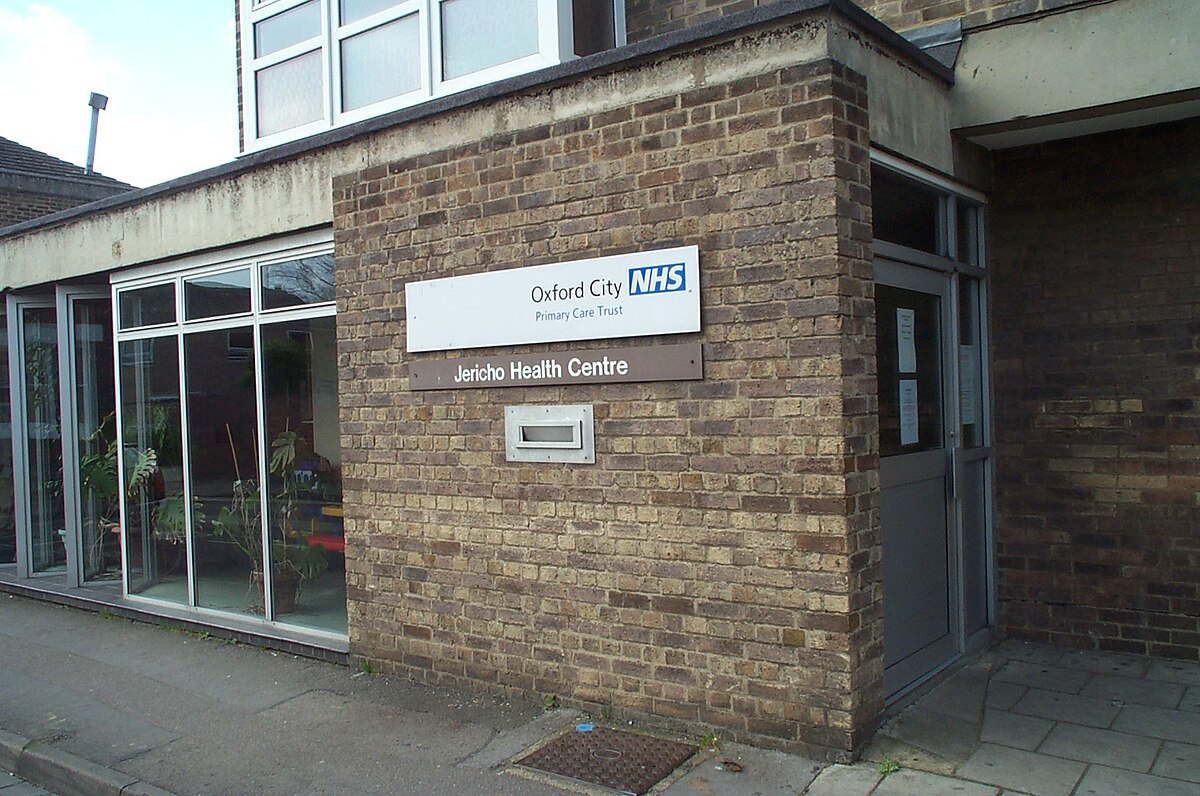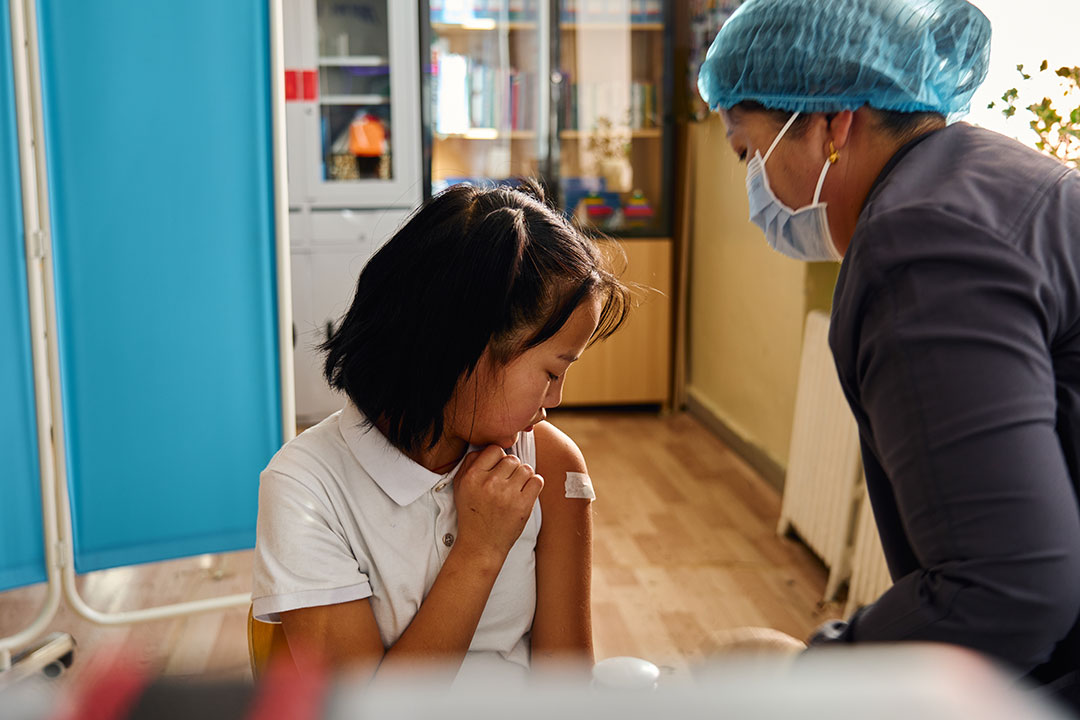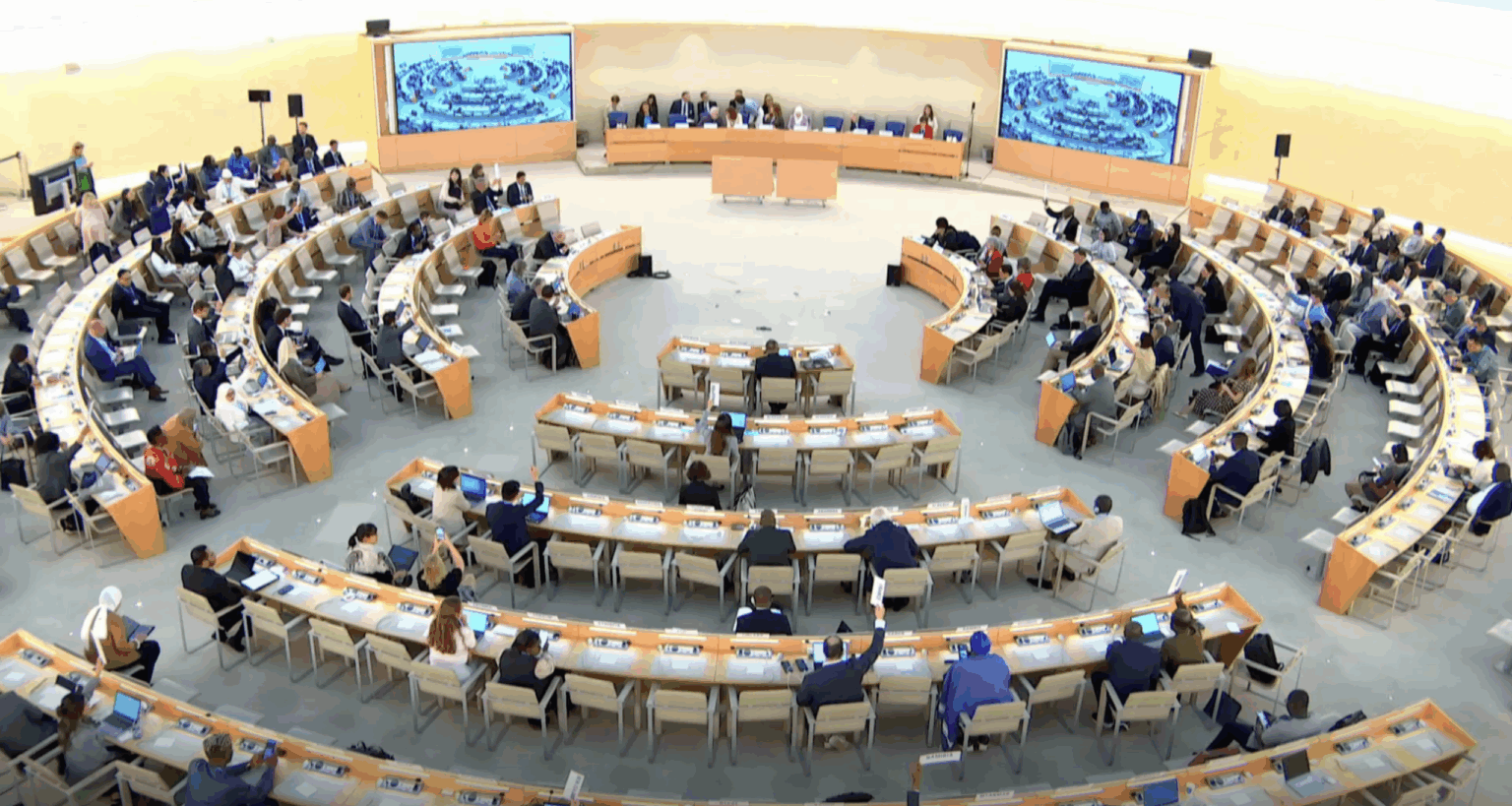Strengthening public health financing is essential to reduce inequalities and build effective, equity-driven primary health care systems, says Dr. Eddy Pérez-Then in a new analysis.Adequate financing is a critical factor in determining the effectiveness and equity of...






